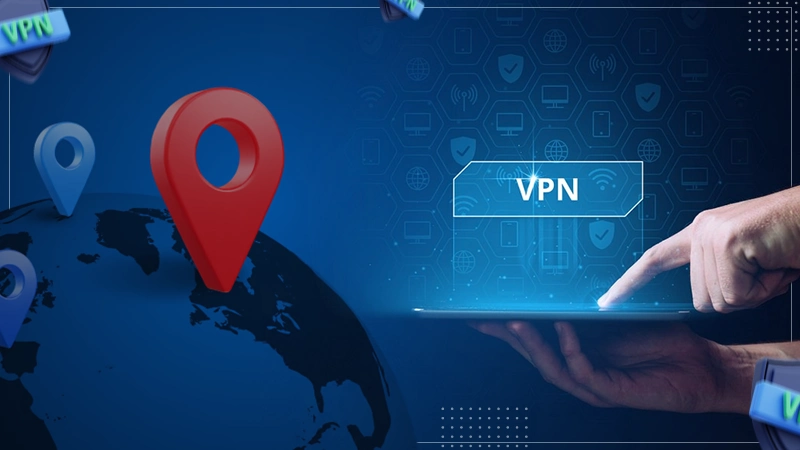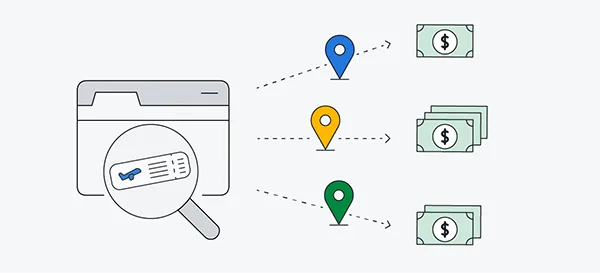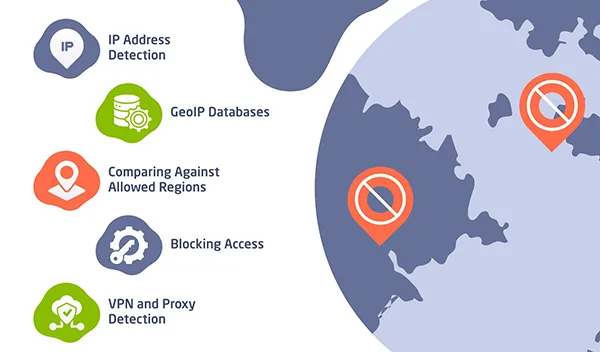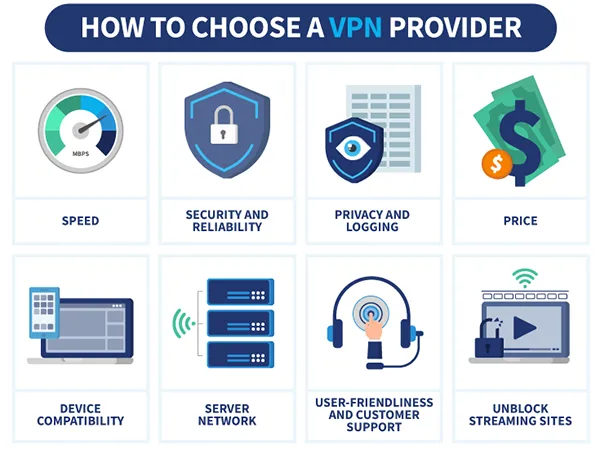
Are you a student, who gets frustrated every time you try to access something resourceful, and it cannot be accessed due to geographical restriction?
You are not alone. Most educational resources online can only be accessed within a particular geographical boundary.
But what if I tell you that there is a secure way to access these resources despite their geographical restriction?
Yes, and that’s where VPN (Virtual Private Network) comes into play. Students can use some powerful private networks like AstrillVPN to access these useful resources across the globe while maintaining their online anonymity.
So, in this read, we’ll explore how VPNs enable students to stay informed despite geographical restrictions. Let’s start!
But First, What Exactly is Geo-blocking?

Geo-blocking is restricting access to some internet resources based on the user’s location. These restrictions usually apply to international borders.
Geo-blocking is used to block access to some websites that promote certain types of activities that are illegal in their countries, such as gambling and betting, etc.
Additionally, some online retailers such as Amazon use geo-blocking to maximize their profits. So that they can charge a higher amount than other countries.
It can also be used for less benign purposes, such as some national governments blocking access to certain websites that they don’t want their citizens to visit.
How Does Geo-Blocking Work?

Geo-blocking works by using tracking technology to identify the user’s Internet Protocol (IP) address. An IP address is a unique numerical label attached to your device on a local network.
This address makes it possible to send and receive information online, and without it, you would not have been reading this article here.
Geo-blocking allows rights holders such as (Netflix & Amazon) to segment the internet into different markets. So that they can charge different prices and offer different services based on the user’s location.
Is it legal to bypass geo-blocking?
Most countries do not have specific laws regarding the use of VPNs to bypass geographical locations. And this is why no matter how difficult or frustrating it may sound, geo-blocking is certainly legal.
It is a way of enforcing legal contracts, such as copyrighting agreements based on geographical location. This is a common practice among media properties and broadcasting services.
However, it’s worth noting that using a VPN bypasses the geo-restriction against the terms and services of most of the websites and streaming services.
But still, if the service detects that you are connected to a private network (Which again has a very low probability), you won’t face some real consequences.
Did you know?
Different streaming services adjust their pricing fees based on the user’s location. And using a VPN to change your IP address can help you cut your subscription fees.
How Students Can Avoid Geo-blocking with a VPN?

If you’re a student, who is trying to access certain websites or platforms to get your hands on some educational resources. But receiving a “This content is unavailable in your country” message. It’s more likely to be blocked in your region.
And to bypass these geo-restrictions you would need to hide your IP address from these websites. This is where a VPN masks your IP address and encrypts your connection, allowing you to access any content across the globe.
For example, If a student wants to watch a documentary on BBC iPlayer but lives outside the UK. It is not possible because the BBC iPlayer is only available in the UK. However, students can still access the documentary by connecting their VPN to a British server.
So, How Can You Get the Right VPN to Get Around?

If you have never used a VPN before, there are plenty of reasons you should. It enhances your online security and protects you from hackers and data thieves.
Further, a VPN allows you to access some geo-restricted content which comes in very handy, especially if you are a student, who is looking to access educational resources.
And obviously, you can’t just pick the first VPN that you stumble across. This is why we have compiled 9 things you should consider while choosing a VPN. Take a look:
- Figure out why you need a VPN
- Make sure your VPN has robust security and privacy features
- Look for a VPN that has an extensive server network.
- Choose a VPN with reliable internet speed
- Ensure that your VPN supports all of your operating systems.
- Choose a VPN with next-generation encryption to ensure maximum privacy.
- Look for a VPN with a multiple-device connection.
- Make sure it has responsive customer support ideally via 24/7 live chat.
- Ensure that your VPN accepts popular payment methods and offers a money-back guarantee.
Final Verdict
VPN is generally a safe and reputable service, which is also legal in a vast majority of countries. A VPN masks your private information from the internet and secures your network while maintaining your online anonymity.
This is an extremely valuable tool for students who can’t access their educational resources due to geographical restrictions.